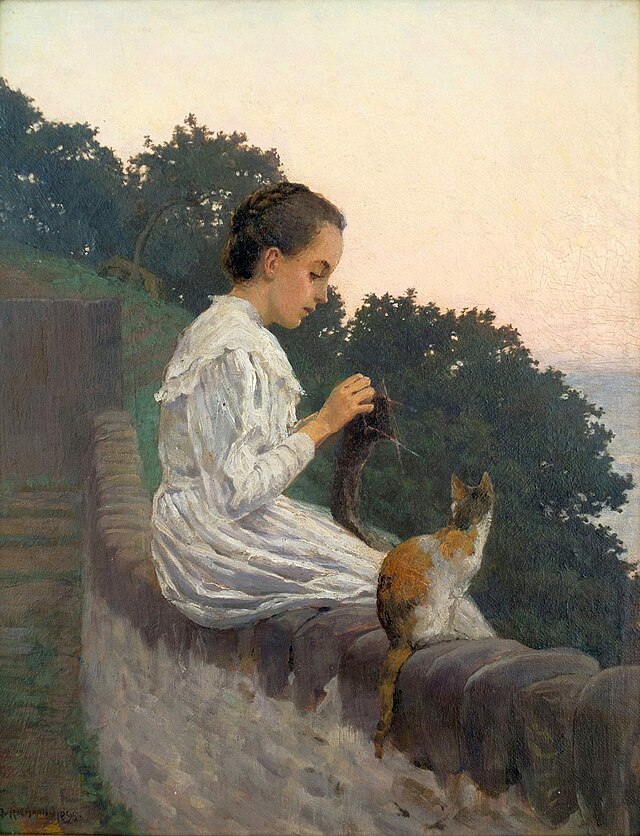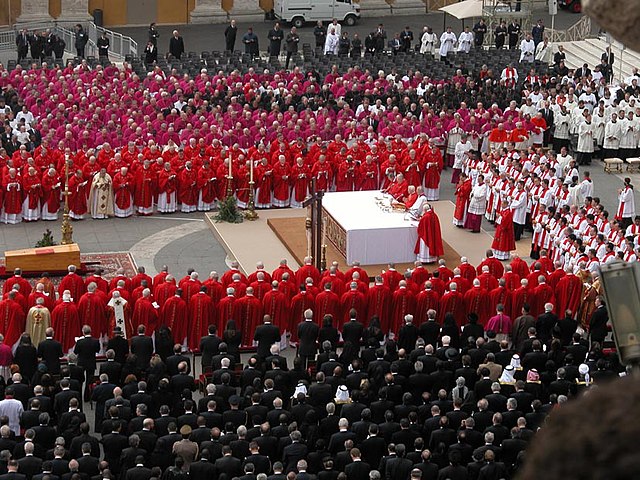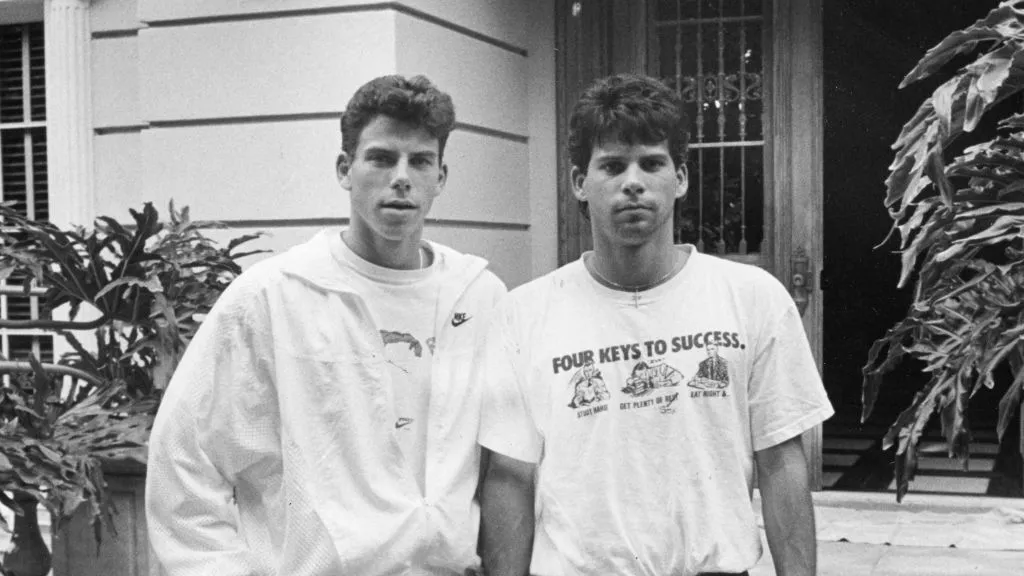Spoilers! This piece contains discussion of the show “Loki” and its recent season finale, so if you have plans on catching up, go watch the series and read this piece afterward!
Marvel’s “Loki” is a Disney+ original series, and one of Marvel’s first, which premiered in June 2021. It centers on an alternate version of the fan-favorite character, Loki (Tom Hiddleston), and takes place after the events of the “Avengers: Endgame.” After taking the Tesseract, Loki inadvertently creates a new timeline and has to answer to the Time Variance Authority (TVA), a bureaucratic organization that exists to monitor and keep the “Sacred Timeline” in place. Season 1 revolves around Loki’s dilemma: he can either be erased from existence or help Agent Mobius (Owen Wilson) and the TVA find a rogue female Loki variant, self-named Sylvie (Sophia Di Martino). The first season ends with He Who Remains (Johnathan Majors) — who created the TVA and is a variant of multiversal villain Kang the Conqueror — dying by Sylvie’s hand and the Sacred Timeline’s split into the multiverse.
Season 2 of “Loki,” which premiered Oct. 5th, picks up immediately after its first season’s finale. With new characters like Ouroboros (Ke Huay Quan), the TVA’s R&D specialist, and Victor Timely, another variant of Kang the Conqueror, Loki and his misfit friends try to save the multiverse all while questioning whether the TVA is even worth saving. Loki struggles with warping through time as a result of the Sacred Timeline branching out.
Loki’s newest season does phenomenally better than its first, which had some premises that didn’t entirely make sense to the audience. While everyone loved seeing Loki finally play the part of the good guy, the same wasn’t true in season one. The first season features this Loki variant with the same characterization as he had in 2012, which makes sense as that’s the difference in the Sacred Timeline he was ripped from. For me, it was upsetting to see a character who had developed so much in various Marvel films after “The Avengers” (2012) be replaced by an old/new version of himself. No one could be certain whether the show would do the long-loved character justice, especially given that they abruptly killed off the version of Loki we knew in “Avengers: Infinity War.”
A bizarre plotline in the first season was a romance between the two main Loki variants, Loki and Sylvie. The two share a kiss in the season finale; thankfully, it’s revealed that Sylvie only does so as a ruse to kill He Who Remains without Loki’s intervention. Another strange theme is dismissiveness toward Loki’s gender identity. Sylvie is targeted by the TVA and her timeline erased because she is female and therefore threatens the sanctity of the “Sacred Timeline.” There are many things wrong with this premise. In the Marvel Comics, the character Loki is canonically genderfluid, appearing in many comic runs as Lady Loki when she wishes to present as female. With the plot in the first season, their gender identity could have been explored; Loki only ever presented as male in the cinematic franchise. However, the show does have a scene where Loki asks his other variants how weird and crazy it is that there could ever be a female variant (which entirely diminishes the importance of acknowledging their gender identity).
Season two ties up the loose ends and odd plot points that left people hanging after season one. Its showrunners decided to retcon the romance they developed between Sylvie and Loki, who they depict in a bickering, sibling-esque relationship. Instead, they emphasize Loki’s relationship with Mobius, who guided Loki in becoming a better person in season one. This emphasis elated both the wider audience who regarded Hiddleston and Wilson’s dynamic as the best part of the show, and fandom shippers who hated the Sylvie and Loki plot. Personally, I loved their moments in the show; they give a buddy-detective back-and-forth punchiness (such as when Mobius convinces Loki to ride a tandem bike to chase after Victor Timely), and it’s nice to see someone other than his brother Thor, be close to understand Loki.
The season two finale brought a beautiful yet tragic conclusion to Loki’s story. Despite claiming he just wants to save the TVA, we find out that Loki is scared of ending up alone; what he truly desires is to be with his friends. This motivates him to find a way to save everyone, which he tries through continuous time loops when he realizes he can control his time-slipping. But no matter how hard he tries or however many centuries he lives through, he isn’t able to stop the multiverse from collapsing. It is only after conversing with Mobius that he realizes the burden he must take on to save everything and everyone.
He grabs hold of all the branches of the multiverse, positions himself outside time, and separates himself from his friends to serve as the conduit to ensure all timelines can coexist. We finally see our fan-favorite character do good on par with (if not more than) the Avengers and Marvel heroes. I finished the show with both joy and grief as I saw Loki sacrifice himself and his desires and settles watching over his friends and loved ones from his throne. It is a relief that Marvel gave him an appropriate send-off after the great characterization they built over two seasons.







